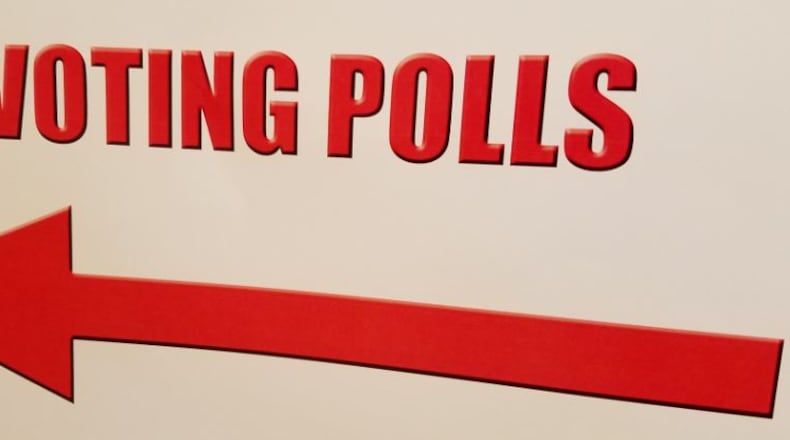An audit of the 2016 election by the state of North Carolina found that out of 4.8 million votes cast last November, elections officials uncovered evidence that just over 500 votes were cast illegally, most of them by convicted felons who were out of prison on probation or parole, as authorities unearthed no evidence of large scale voter fraud.
"It is important to recognize that suspected cases of ineligible voters casting ballots and/or committing fraud represent a tiny fraction," read the report from the North Carolina State Board of Elections.
The report broke down the ineligible voting in North Carolina this way:
+ 441 possible votes by suspected active felons
+ 41 non-citizens living in the U.S. legally
+ 24 cases of double voting
+ 2 cases of voter impersonation
The results of that investigation did not show anything close to a situation in North Carolina which would contribute to 3-5 million illegal votes in the November elections, as has been claimed by President Donald Trump.
"441 of the 508 allegations involve felon voting," said Michael McDonald, an elections expert at the University of Florida. "Simplest solution: let paroles and probationers vote."
Of the legal non-citizens who voted in North Carolina - 41 votes total - investigators also zeroed in on several dozen others, but those people were able to provide documents showing they were in fact United States citizens.
There were no examples found of someone voting in North Carolina who was in the United States illegally.
"All cases involve documented non-citizens who were admitted into the country lawfully," the report noted.
"One registrant in her 70s has lived in the United States for more than 50 years and believed that she was a citizen because she had been married to a U.S. citizen," the report stated.
The North Carolina election audit found the main problem with voting by felons and voting by non-citizens was the same - people simply didn't understand the rules on who was eligible.
"Consequently, warnings on voter registration forms and voting documents are being reviewed to improve their effectiveness," the North Carolina elections board reported.
Credit: Jamie Dupree
Credit: Jamie Dupree
The two cases of voter impersonation both involved voters who died in the weeks before Election Day, where the family members felt like they still needed to cast that person's vote.
"I was not trying to be deceitful or fraudulent," one woman wrote of filling out her late husband's absentee ballot. "I completed the ballot on my husband's behalf, according to his wishes, and signed his name," she wrote in an email to investigators.
In the second case, a family member explained to authorities that her 89 year old mother "was a tremendous Donald Trump fan," and that family members had obtained an absentee ballot for her.
In an email to investigators, the relative explained that the woman had made clear, "you be sure to vote for Donald Trump for me" - she died on October 26, 2016.
A week later, the daughter went ahead and submitted the absentee ballot.
"Please understand that my actions were in no way intended to be fraudulent, but were done during my grief and an effort to honor my mother's last request and I knew that one vote from the 89 year old lady would not affect the outcome of the election anyway."
North Carolina officials said neither case of voter impersonation will be prosecuted.
About the Author
The Latest
Featured




